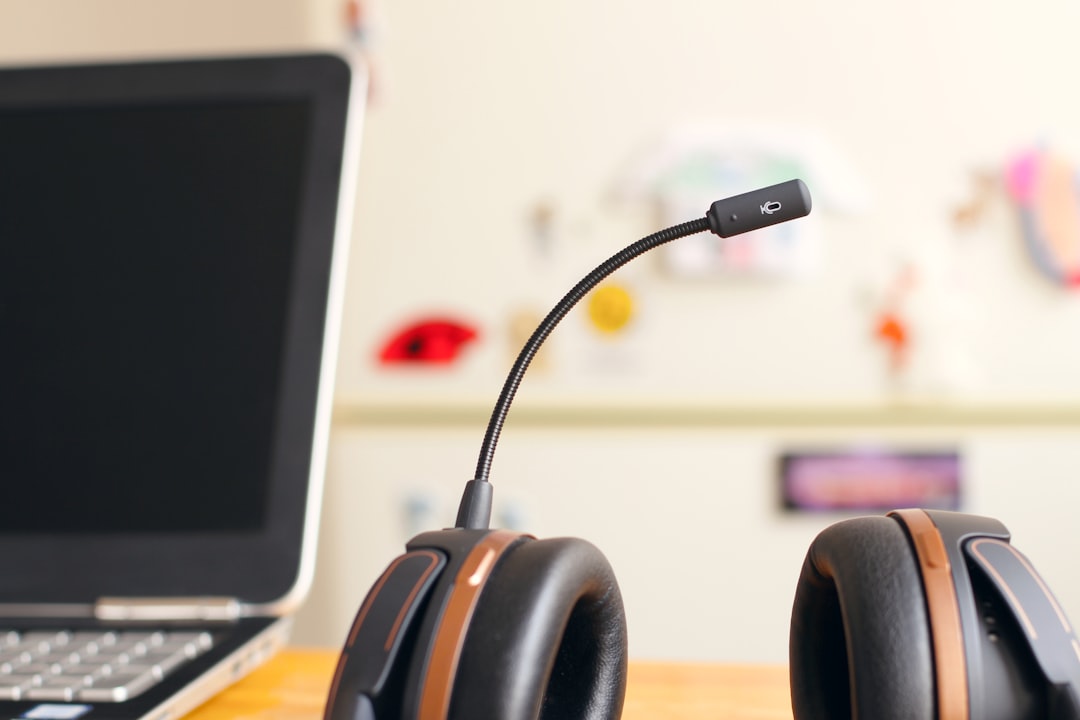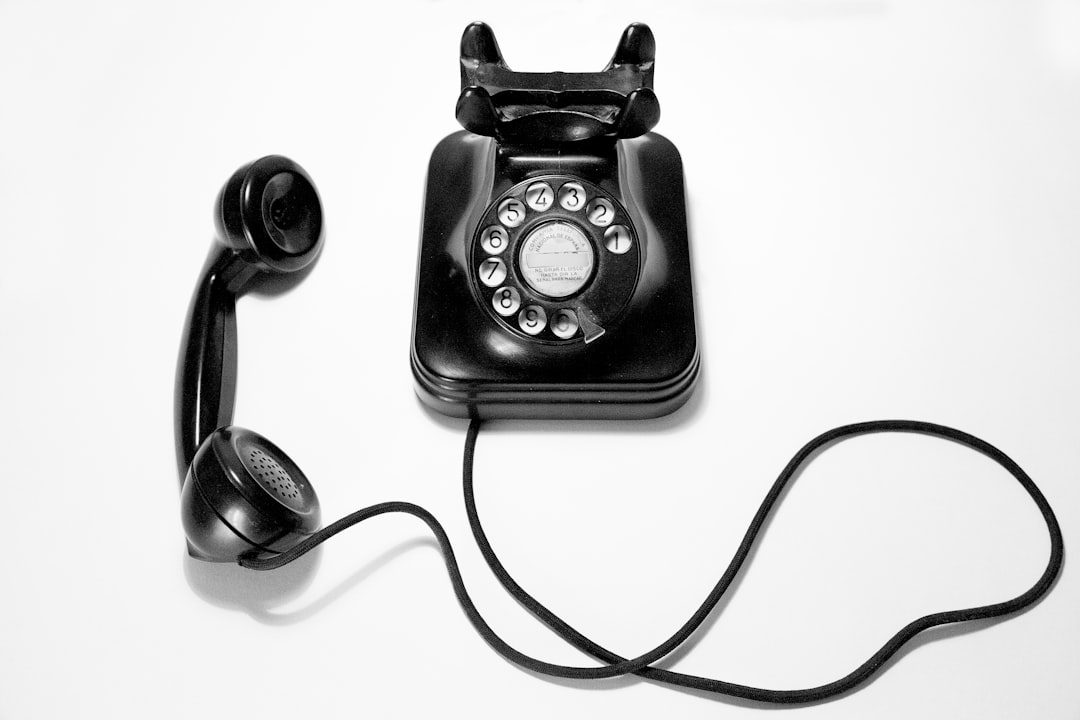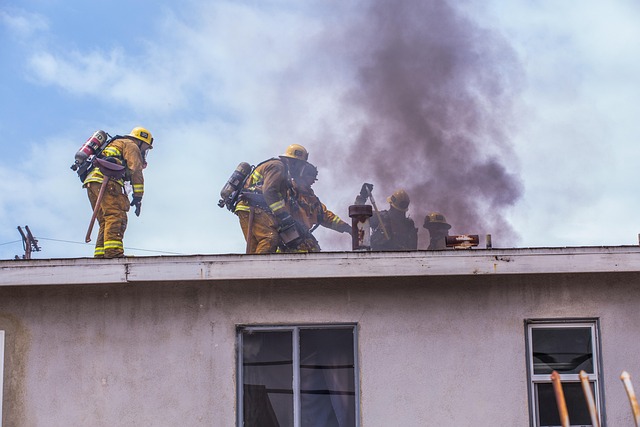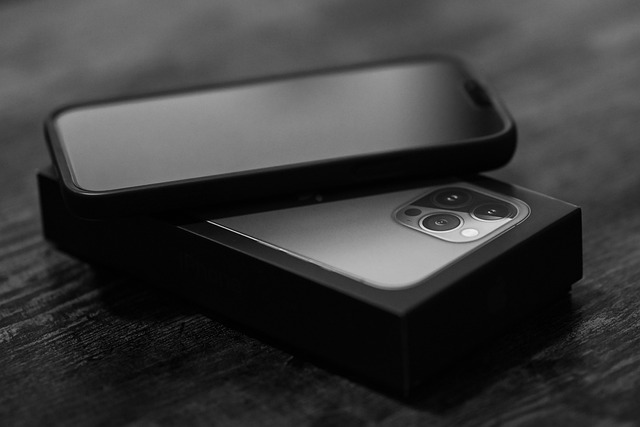California's Consumer Privacy Act (CCPA) and Telephone Consumer Protection Act (TCPA) regulate autodialers for marketing. Businesses in Culver City using autodialers need legal guidance from an autodialer law firm Los Angeles to comply, avoid fines, protect customer data, and maintain brand reputation. Reputable firms help navigate consent requirements, call timing, opt-out provisions, ensuring effective communication while adhering to strict federal and state regulations.
In Culver City, as across California, the use of autodialers for marketing purposes is subject to stringent legal regulations. This article delves into the critical legal considerations for businesses utilizing autodialing services, with a focus on consumer protection and privacy laws. We explore the obligations of Los Angeles area companies under state law, highlighting best practices to avoid costly penalties. Understanding these regulations is essential for any autodialer user looking to navigate California’s complex legal landscape effectively.
Understanding Autodialer Regulations in California

In California, the use of autodialers, or automatic dialers, is heavily regulated to protect consumers from unsolicited and invasive phone calls. The California Consumer Privacy Act (CCPA) and federal Telephone Consumer Protection Act (TCPA) set strict guidelines for businesses employing such technology. These laws dictate how and when automated phone calls can be made, with penalties for non-compliance.
Autodialer users in Culver City must understand that they are responsible for ensuring their marketing practices adhere to these regulations. Engaging the services of a reputable autodialer law firm Los Angeles can help businesses navigate this complex landscape. Such legal experts can provide guidance on call timing, consent requirements, and opt-out mechanisms, ensuring compliance while effectively managing customer communication.
Legal Obligations for Businesses Using Autodialers

Businesses employing autodialers in Culver City and beyond must navigate a complex web of legal obligations, especially with regulations surrounding telemarketing practices. In California, including Los Angeles, the California Consumer Privacy Act (CCPA) imposes stringent rules on automated dialing systems. These laws dictate how businesses can gather, use, and store customer data, particularly when making automated calls or sending text messages. Non-compliance can lead to severe penalties, including substantial fines.
Moreover, federal regulations such as the Telephone Consumer Protection Act (TCPA) further restrict the use of autodialers. This act prohibits automated calls unless the recipient has given explicit consent. Businesses must ensure they have proper authorization and maintain detailed records of customer opt-out requests. Consulting with a reputable autodialer law firm in Los Angeles can help businesses understand their responsibilities, ensuring compliance and safeguarding against potential legal issues.
Consumer Protection Laws and Autodialing Practices

Consumer Protection Laws play a significant role in regulating Autodialer practices, ensuring that businesses respect the privacy and rights of consumers. In Los Angeles, as well as throughout California, strict regulations govern how autodialers can be used for marketing or communication purposes. These laws aim to prevent unwanted calls, protect personal information, and promote fair business conduct.
Autodialer law firms in Los Angeles assist businesses in navigating these complex legalities. They guide companies on obtaining proper consent before making automated calls, ensuring compliance with the Telephone Consumer Protection Act (TCPA) and similar state regulations. By adhering to these guidelines, autodialer users can avoid legal repercussions, fines, and damage to their brand reputation while leveraging this technology effectively for marketing or customer engagement.
Navigating Privacy Concerns with Autodialers

In the world of telemarketing, autodialers are a double-edged sword. While they streamline communication and boost efficiency for businesses, they also raise significant privacy concerns among consumers in Culver City and Los Angeles. The automatic dialing systems can leave little room for consent, leading to unwanted calls and potential violations of the Telephone Consumer Protection Act (TCPA).
To navigate these privacy issues, autodialer users must prioritize transparency and obtain explicit consent from recipients. Working with a reputable autodialer law firm in Los Angeles can provide guidance on best practices, ensuring compliance with TCPA regulations and fostering trust among customers. This proactive approach not only minimizes legal risks but also enhances the overall effectiveness of marketing campaigns.






